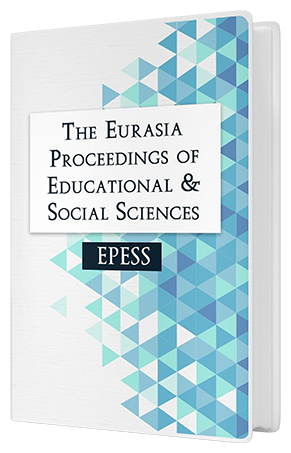A REFLECTION ON THE EFFECT OF STEM COURSES ON STUDENTS PERFORMANCE
Keywords:
Stem, camp060, engineering, student performance, adaptive learning systemAbstract
The STEM course CAMP060, integrating chemistry, arts, mathematics and physics, represents a strategic shift from the traditional paradigm of discrete preparatory courses. Students joining the engineering programs struggled in preparatory courses; the issues were primarily related to lack of student engagement, motivation, learning skills, adaptation, and discrepancy in expectations. In the Spring of 2016, the CAMP060 course was initiated and piloted primarily to a group of students entering an engineering program to prepare them for their Freshmen courses. The course was designed as a developmental pre-calculus level course involving algebra, geometry, trigonometry, chemistry, and physics with an emphasis on their use in engineering. Simultaneously, the arts component was embedded in the course through stimulating and enhancing both communications and writing skills. The course delivered content using a hands-on-hybrid-flipped model with an emphasis on self-study, context rich problems solving, and study skills for university students. The results were promising and showed a great potential for further experimentation and development. Students’ performance in the individual subjects were remarkably comparable. Furthermore, the success rate in the subsequent level courses was notably higher as students exhibited higher maturity, responsibility, and academic persistence.Downloads
Published
Issue
Section
License
Copyright (c) 2017 The Eurasia Proceedings of Educational and Social Sciences

This work is licensed under a Creative Commons Attribution-NonCommercial-ShareAlike 4.0 International License.
The articles may be used for research, teaching, and private study purposes. Any substantial or systematic reproduction, redistribution, reselling, loan, sub-licensing, systematic supply, or distribution in any form to anyone is expressly forbidden. Authors alone are responsible for the contents of their articles. The journal owns the copyright of the articles. The publisher shall not be liable for any loss, actions, claims, proceedings, demand, or costs or damages whatsoever or howsoever caused arising directly or indirectly in connection with or arising out of the use of the research material. All authors are requested to disclose any actual or potential conflict of interest including any financial, personal or other relationships with other people or organizations regarding the submitted work.




